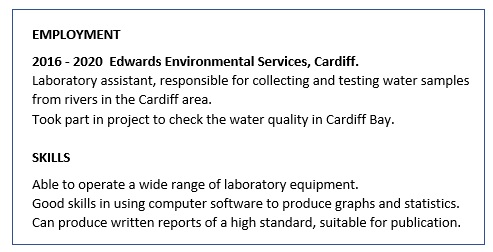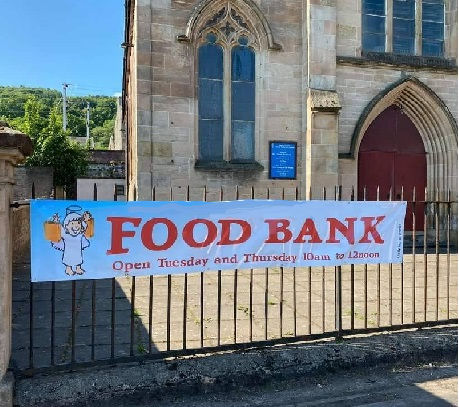Llŷn
Llŷn is the long peninsula which extends west from Snowdonia.
It is a region of traditional small farms, small harbour villages and some larger towns.
The coast has beautiful beaches, bays and sea-cliffs.
A long-distance footpath extends around the whole peninsula, from Caernarfon to Porthmadog.
Llŷn is rich in Welsh culture and heritage.
The fishing village of Aberdaron was the last stop for pilgrims before crossing the sea to the monastery of Ynys Enlli.
Llithfaen was an important centre for granite quarrying.
Nant Gwrtheyrn was a village for workers at the nearby granite quarry.
The village was abandoned, but has now been restored.
It is home to the Welsh National Language Centre.
On the mountain above are the amazing remains of Tre’r Ceiri.
It is a prehistoric village where people lived until about 2,000 years ago.
The main holiday towns of Llŷn are Pwllheli and Abersoch.
Pwllheli is a busy market town with a large marina.
Abersoch is a popular and very fashionable seaside resort.
Translate the sentence:
Llŷn is the long peninsula which extends west from Snowdonia.
Suggested translation: (a number of alternatives acceptable)
















